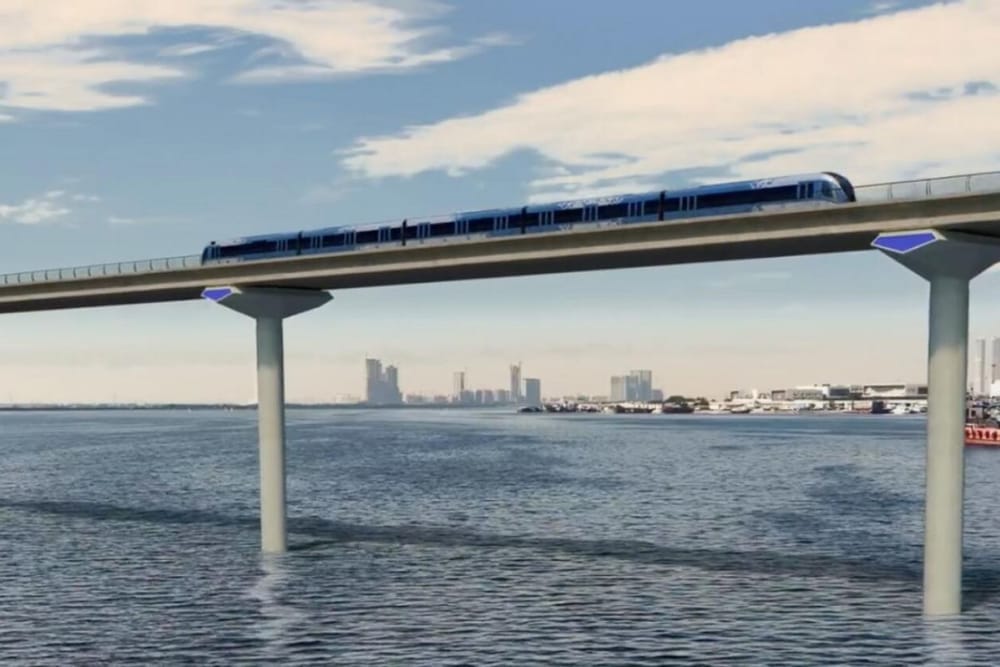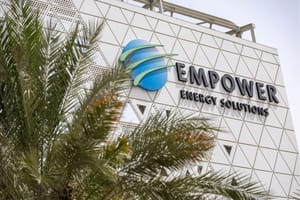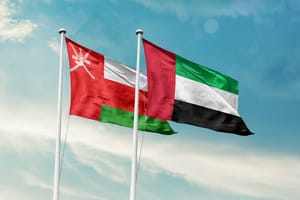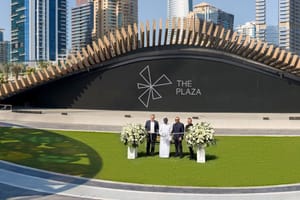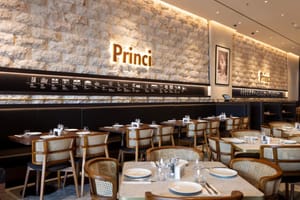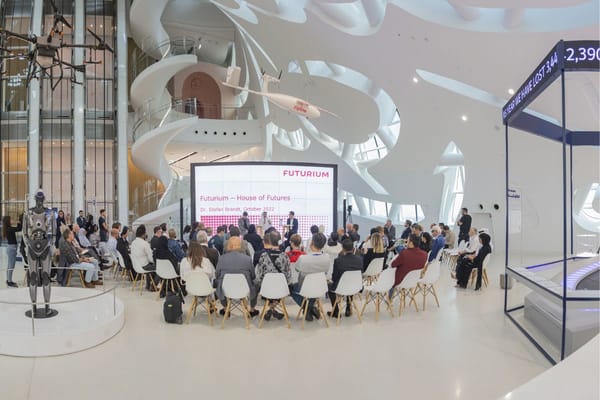Upon the new line becoming operational in 2029, around one million individuals living in the areas covered will directly benefit from the project.
Rents and property prices in Dubai’s key areas such as International City, Silicon Oasis, Ras Al Khor, Mirdif, Al Warqa and others will see double-digit increases that will be connected through Dubai Metro’s upcoming Blue Line.
Upon the new line becoming operational in 2029, around one million individuals living in the areas covered will directly benefit from the project.
On Friday, the Dubai Metro extension was announced which will span over 30 km, connecting nine key neighbourhoods including Mirdif, Al Warqa, International City 1 and 2, Dubai Silicon Oasis, Academic City, Ras Al Khor Industrial Area, Dubai Creek Harbour and Dubai Festival City.
Real estate industry experts suggest that people will increasingly start relocating to these areas of prefer these places that will connect to Blue Line in the coming years.
Ayman Youssef, managing director, Coldwell Banker, foresees a considerable increase in desirability for the locations connected to the Blue Line as the metro line will reduce both time and expenses for commuters travelling to and from those areas.
“The estimated surge in rents and prices could range between 10 and 25 per cent. If the current trend remains unchanged we can project a higher increase in Dubai Creek Harbour as the market is focused on quality and integrated communities. Dubai Silicon Oasis comes next as a very well-priced area for the middle class,”
said Youssef.
Farooq Syed, CEO of Springfield Properties, also sees an increase between 10 to 15 per cent in certain areas that will be connected to Blue Line.
“There is a huge demand in Dubai Marina and JLT due to Metro connectivity and that’s why we see much higher rents even in older buildings. Areas like International City which saw a slight dip in demand due to a lack of public transport, we are now going to see a big increase in rents and prices in areas International City, Al Warqa, Al Jadaf, Ras Al Khor and Silicon Oasis,”
he said.
Citing an example, he said areas such as Karama and Bur Dubai still see high demand due to metro connectivity as people travel from these areas to Business Bay, Media City and Internet City for work with ease.
Outperforming other areas
Farooq Syed said Blue Line will also help achieve the 5.8 million population target under the 2040 plan as the city needs affordable places to stay.
“If we see prices where metro touches, they have increased a lot and they’re becoming unaffordable. And Dubai to remain an attractive city for quality talent, there is a need to have good quality affordable housing and good connectivity.”
Wael Makarem, senior market strategist for Mena at Exness, said historically, areas within reasonable walking distance from metro stations have outperformed other areas and have recorded a more rapid pace in price and rent increases.
“From Q1 2010 to Q4 2022, average residential prices in Dubai have increased by 24.1 per cent per year while those within a 15-minute walking distance from a metro station rose on average by 26.7 per cent with peaks of 43.8 per cent in certain areas, a performance that could be replicated along the Blue Line. These areas also tend to see more resilient price levels during downturns,”
said Makarem.
Densely populated areas
Makarem added that the new metro line could have the most obvious impact on prices and rents in more densely populated or less expensive areas as the infrastructure will make them more accessible for a larger span of inhabitants who might need public transport services.
“At the same time, prices and rents could rise faster proportionately to the proximity to actual metro stations in all the areas where the new metro line will be built as walking distance could remain an important metric. Areas with less supply of residential and commercial units could also see higher increases. Prices in International City have been rising faster than in other areas like Silicon Oasis and Mirdif with a month-over-month average increase of 0.98 per cent compared to 0.55 per cent and 0.67 per cent, respectively, over the past 6 months, a performance that could be accelerated by the arrival of the metro line.”
said Makaram.
News Source: Khaleej Times
